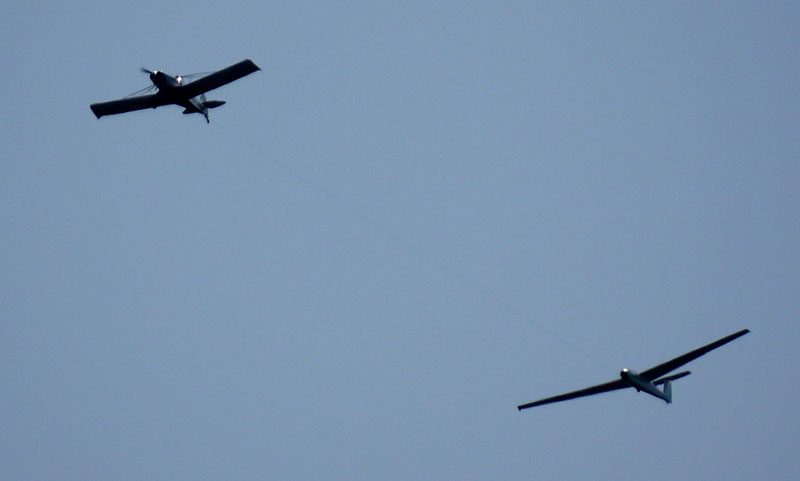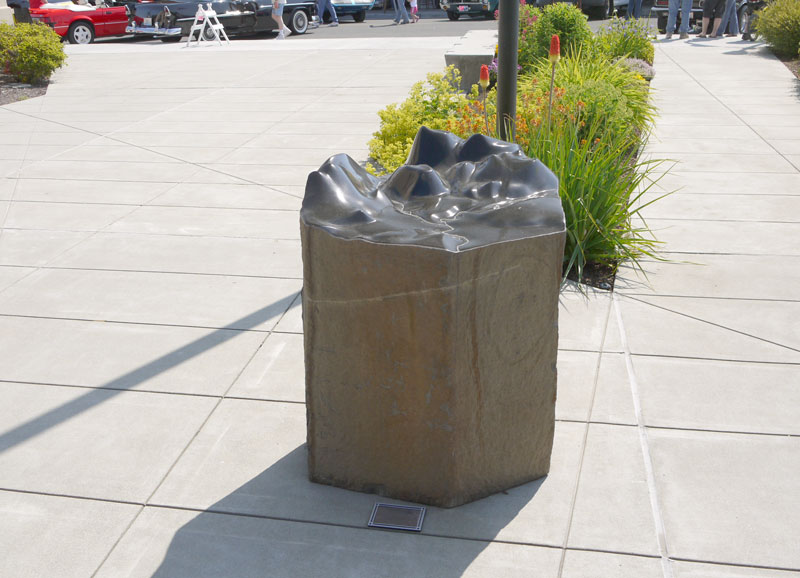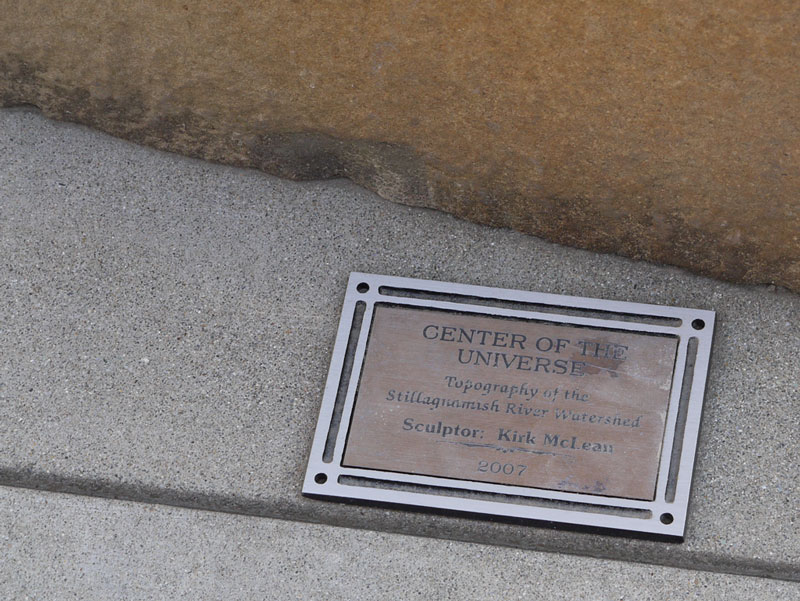
When I was an on-ice official (Referee & Linesman) in hockey, we were always told that you have achieved perfection when you can work a game unnoticed. That is, when your craft and skills meet with experience and confidence, your mastery will make your effort appear effortless. Mastery in art and craft is something that truly requires a lifetime to gain. Old dogs don’t learn new tricks, they just become so good at old ones that they are no longer tricks, they are art.
I consider myself lucky, and privileged when I can experience the mastery of those who have worked that lifetime. I saw and heard Dick Dale tonight at the Triple Door in Seattle. I discovered Dick Dale’s music a long time ago, when I was living overseas and frankly found the music they played on the radio ranged from disappointing to awful. It is an odd experience to be a stranger in a strange land, and you find yourself longing for things from home. In my first months there I was alone and consoled myself on weekends by watching American movies, if only to just relax and not have to listen so hard while parsing dialects and accents. Seeing movies from home was like letting my brain rest. A movie I watched had a Dick Dale tune and it sparked in me the desire to explore uniquely American musical genres. I fell in love with “surf rock” and it became a staple in my personal playlists. Not long after my return to the USA, I flew to Southern California to see and hear the man himself play. It was at the “Route 66 Reunion” in San Bernadino, and he played outdoors amidst a giant car show on a warm autumn evening. His son Jimmy, then a young boy, played with him for a few songs. I chatted with him after the show and he signed the shirt I was wearing for me. The whole trip is a fond memory for me.

Since then I’ve tried to see him again, but for one reason or another I was always out of town when he visited Seattle, Bellingham, or Vancouver, BC, the large cities close to my home. I’d check his website for tour dates faithfully and inevitably be in another state when he came through here (which by the way is why I flew to SoCal to see him last time!) When checking his site last year I was taken aback to see that Dick had been stricken with cancer and had stopped touring. Being a tough old guy he beat it, and is (amazingly!) back on tour again. I sprung for some tickets and invited friends to come along and see him.

I’m so glad I went.
Dick Dale has been performing for longer than I have been alive. He is 72 years old and can rock like few others. Most importantly he has truly mastered his craft. His playing is so effortless that it is a joy to behold. He has no set list, he just plays what he wants, moving from one song to another based on whim. His two band mates literally follow him, their eyes glued to his figure, moving along as Dale drifts off of notes and chords from one song to another. The sounds that come from his guitar are beautiful cascades of, as he so succinctly put it, pain and pleasure – flowing as naturally, and relentlessly, as water down a mountainside, or waves upon a beach.
Riders in the Sky, The Wedge, Esperanza, Ring of Fire, Let’s Go Trippin’, In-liner, Miserlou, and Third Rock from the Sun.
After the show, I chatted briefly with him again, as I had all those years ago. I wore the same shirt, and had him refresh the now faded autograph. I handed him one of my personal cards, with a photo of the 65E on it and he mentioned that he owns one as well: a red ’68.
Small world, and better for having such artists in it.

















